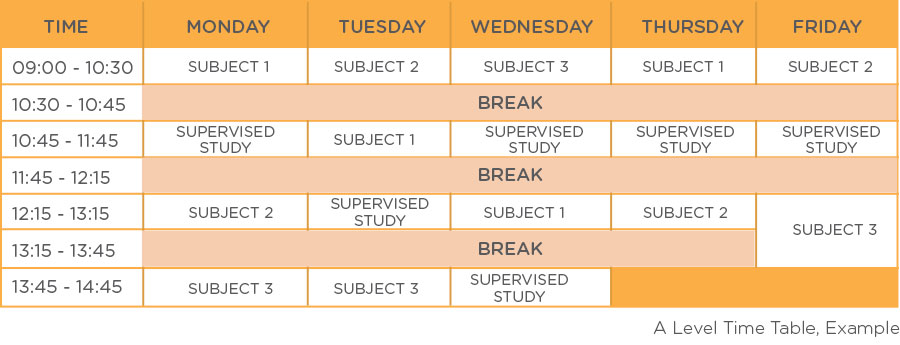A-LEVEL
WHAT WE OFFER?
We at INtuition believe that our new 52-week course will benefit our students immensely, students will retain information better, have more consistency in their learning and they will enjoy all the benefits that small intimate class sizes have to offer.
- More one on one time
- Students are more engaged
- Students cannot hide
- Go faster
- Easier to identify issues
- Much less chaotic
- More cohesive class structure
- It is easier on teachers
10 REASONS WHY SMALLER CLASS SIZE IS
SO IMPORTANT IN EDUCATION
Let’s compare two classes. In terms of teacher ability, student levels, and student behaviour, they are essentially identical. The only difference is that one class has 10 students and the other has 30. Which class would you want to teach? Which class is better for the students? The smaller one is the obvious answer, but do you know exactly why? Here are the 10 reasons why smaller class size is so important:
1. More one-on-one time.
2. Students can’t hide.
3. Easier to identify issues.
4. More cohesive class culture.
5. Teachers can form better relationships.
6. Students are more engaged.
7. Go faster.
8. Much less chaotic.
9. It’s easier on the teachers.
TEACHERS CAN FORM BETTER RELATIONSHIPS. RESEARCH SHOWS TREMENDOUS BENEFITS OF SMALL CLASSES.
1 YEAR A-LEVEL COURSE

The 1-year A level course with supervised study and an intensive revision programme is the smoothest way to go.
Our programme works on a ‘48-Week’ academic calendar year. The consistent nature of the course allows for improved retention of facts. It also allows students to have a gap year and still enter university at the same time as students from normal schools. As an added safety feature if, perish the thought, the student narrowly misses out on the desired grades then our timeline allows the student to retake the examination without completing an extra school year.
• ACCELERATED • STRUCTURED • TAILORED

Cambridge offers a choice of 55 subjects and schools can offer them in almost any combination. This means schools can build an individualised curriculum and learners can choose to specialise in a particular subject area or study a range of subjects.
Our Advice
Most students study three subjects at A Level. Four subjects would arguably only be of benefit if you’re planning to apply to take a competitive degree course at Oxford or Cambridge, or for Medical Sciences.
At INtuition we advise you to pick subjects with which you’re comfortable, which you will enjoy studying and in which you feel you can secure the highest grades. There will always be a good reason why a given university course will require you to have studied a certain subject at A Level. If you don’t feel comfortable or confident studying that subject, then it might be wise to reconsider your chosen university or career path.
Acquired Skills
For the majority of degree courses there are no mandatory subject requirements and admissions officers will look to the skills, rather than the specific knowledge, that you will have developed while studying your A Levels.
Thus, if you are aiming for a degree course that will involve essay writing, you should ideally undertake subjects such as English and the Humanities at A Level through which you can develop those skills.
Required A Level Subjects
Mathematics & Sciences
- Mathematics: Mandatory for all Mathematics degree courses and often mandatory for other degrees including Engineering, Economics, Business and Computing. Mathematics is usually considered a Science subject and thus meets the requirement to have studied a Science subject at A Level for degree courses like Geography and Psychology.
- Chemistry: Mandatory for Chemistry, Medical Sciences (Veterinary, Dentistry, Medicine) and Biological Sciences such as Neuroscience.
- Biology: Mandatory for Biological Sciences and Healthcare.
- Physics: Mandatory for Physics and Engineering.
Required A Level Subjects – Humanities
- Geography: Mandatory for Geography, Geology and Earth Sciences
- History: Very much preferred for History degree courses and very useful when applying for Law
Our Higher Education adviser is available for subject consultations should you require further guidance
- “I started full time education at INtuition last September and the small class sizes and flexible learning style allowed me to learn at my own speed. I took the IGCSE examination in January and got the highest grade available “level 9” the equivalent of slightly high than A*, since then I started the first year of the A level course and have just recently finished the first year modules. I feel that I thrive in this dynamic learning environment “. Daniel, Homeschool (A Level)
